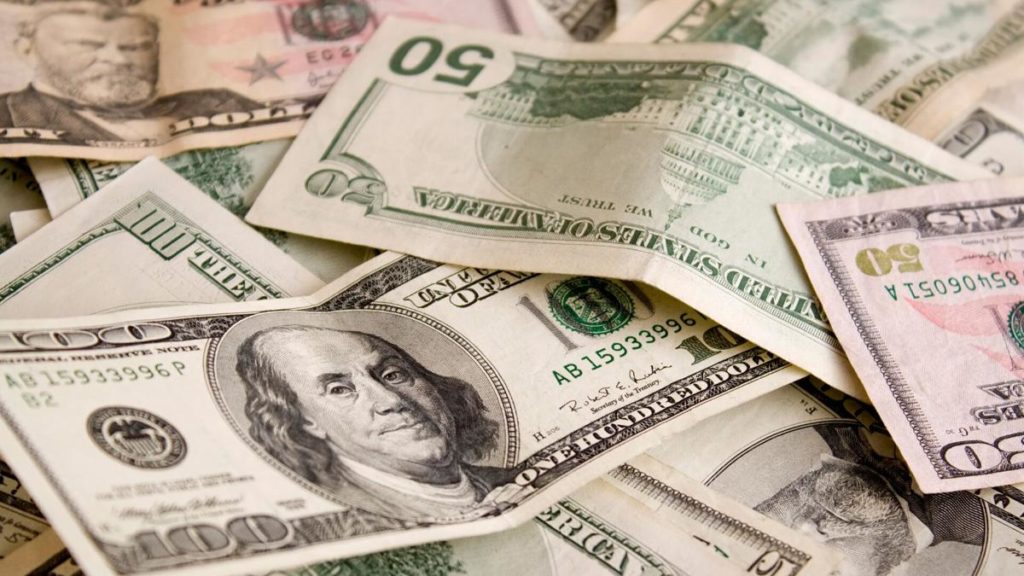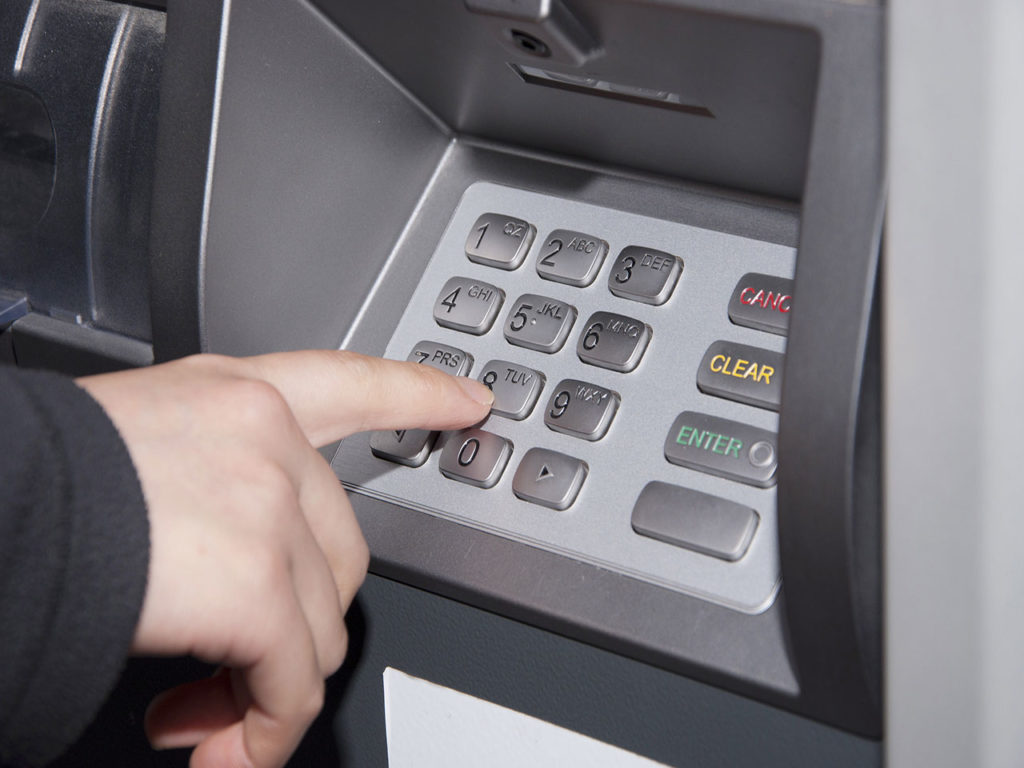The risk of catching Covid-19 through using banknotes is low, according to research by the Bank of England that suggests the aversion to using cash during the pandemic is unnecessary.

The following written content from Lucy Meakin | Bloomberg
The central bank considered a plausible worst-case scenario of an infected person coughing or sneezing onto a note and found that the level of virus on the surface began to drop rapidly after an hour. After six hours, it had declined to 5% or less.
The chances of such direct contamination occurring is relatively low as cash is typically stored securely in tills or wallets, the study found. An infected person touching notes would result in far lower levels of the virus.

Even so, the pandemic is likely to result in lasting shifts in consumer behavior. As well as growing adoption of online shopping as people stayed home, concerns about the spread of the virus has prompted U.K. stores and consumers to increasingly prefer contactless forms of payment.
The report found:
As of July, 42% of people had visited a shop that did not accept cash in the previous six months, compared to 15% in January
71% of respondents were using less cash compared with before the pandemic

The volume of ATM withdrawals was around 60% lower at the height of U.K. restrictions in late March than a year earlier. It was still 40% lower in the second week of October
At the same time, the value of cash in circulation has risen as people choose to hold more as a response to uncertainty Read more from Bloomberg
Stay updated on other health and wellness unbiased news stories at News Without Politics.
Subscribe to News Without Politics





